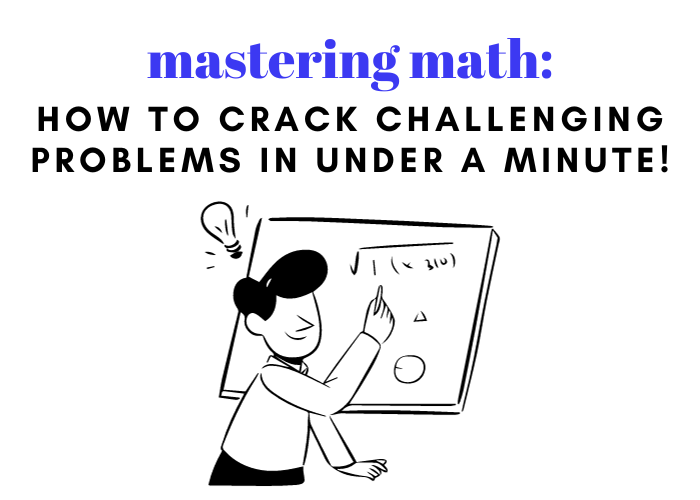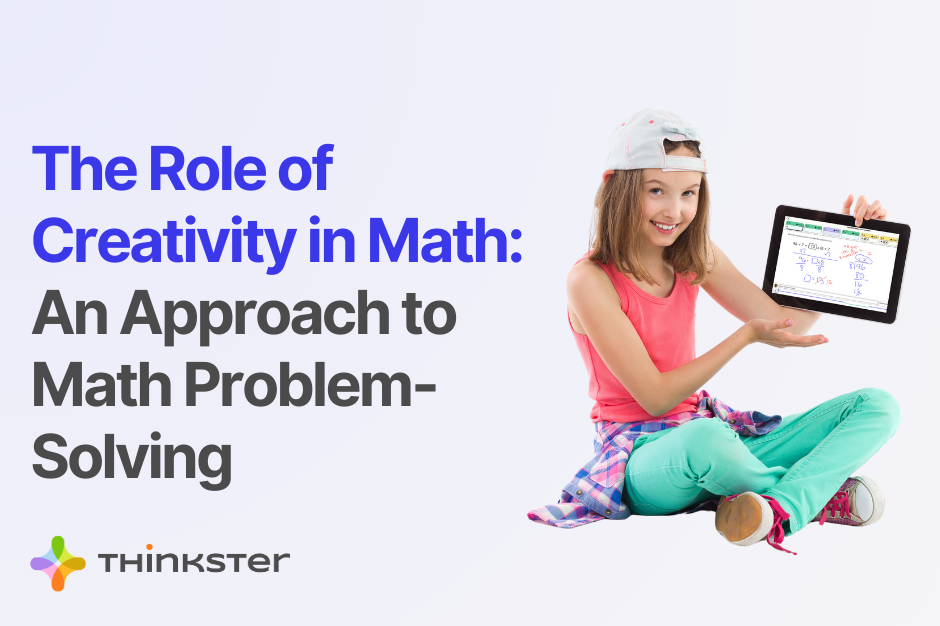
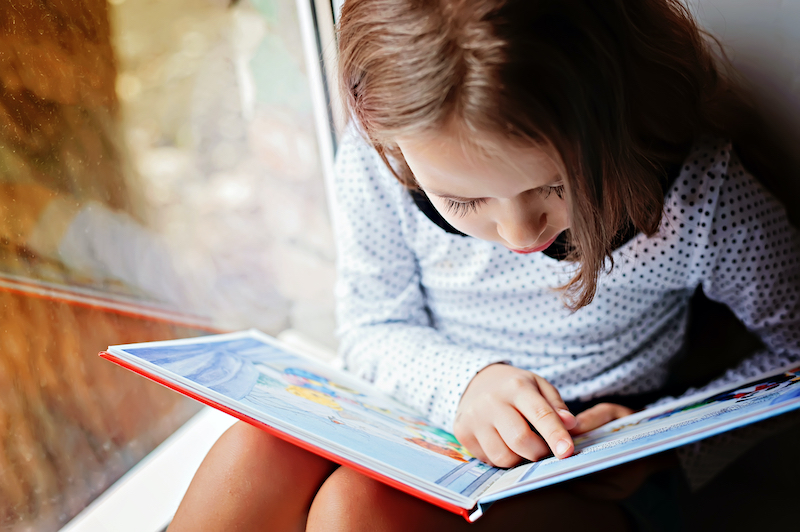
Last Updated on June 26, 2023
Have you ever found your thoughts drifting away from the task at hand? Maybe you drove the whole way home from work and remember little-to-nothing about the trip. Or you sat through an entire lecture on real estate investment, yet have little idea what the speaker said. In these instances, you lost focus. But not to worry, because it happens to all of us at one time or another. Maybe you had too little sleep the night before, or you were bored by the content being presented. It happens. However, if it happens too frequently, there could be a significant cause. Millions of people around the globe struggle with attention deficits, including children. If you suspect your child is one of them, then you may find the following information helpful.
Attention, focus, and concentration are cognitive skills each of us need in order to gain knowledge and to succeed in life. Without them, it would be difficult or impossible to retain information. Scientists define attention as the ability to choose where you want to direct your focus. In this way, you’re able to ‘tune in’ to a television show, novel, or lecture, while ‘tuning out’ things which may distract you from concentrating on it.
If you’ve ever tried to take a telephone call in the presence of excited toddlers or tried to concentrate on a topic you find utterly boring, you’ll understand the disconnect. As adults, when we can’t focus our attention on a single task, such as washing dishes or making a bed, we may be left with a messy house. But for young children, the inability to concentrate may lead to learning difficulties that become more pronounced over time.
In children, examples of good focus and attention include being able to take instruction from a teacher or being able to read an age-appropriate passage and find the main idea. Children with well-developed attention skills, or a good attention span, have features in common, including:
In an ideal world, we would all be born with perfect attention spans. However, this simply isn’t realistic. Most of us have had trouble concentrating at one time or another, whether it was listening to the teacher in algebra class or staying awake during a long-winded Sunday sermon. And for some of us, focus and concentration are problems that have followed us through life. If your child struggles with a short attention span and has difficulty focusing on topics other kids his age seem to grasp, they’re not alone. According to the Centers for Disease Control and Prevention (CDC), this encompasses roughly 6.1 million children in the United States alone. And this number only takes into account children who have been diagnosed with an attention-deficit. There are likely many more.
These are among the most important cognitive skills because, without them, it would be difficult to really learn anything. Mastery of any subject would be much more difficult and would take much more time, if it happened at all. For example, imagine not having the ability to focus on the road in front of you as you drive to work each morning. You might not pay attention to other cars or to traffic signals. You might not realize the car in front of you has stopped or that a child is about to chase a ball into the road in front of you. It could be catastrophic.
Now, imagine you’re a young child trying to solve a math problem in the classroom. If you can’t focus long enough to listen to what the teacher says, and you can’t understand the written explanation in the textbook or on your digital device, how will you know which steps to take to find the answer?
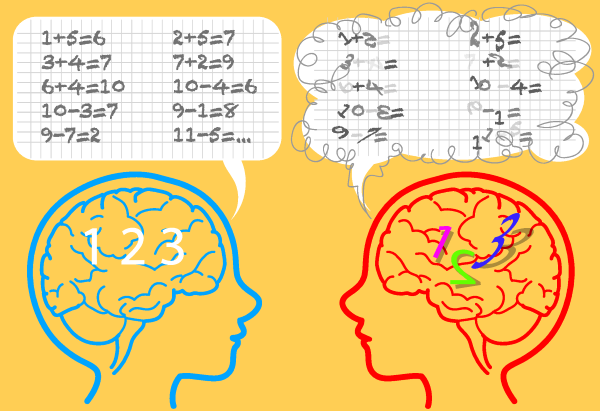
As adults, poor concentration is frustrating. It may cause you to need more time to cook a meal or read a book. But for a young child, it may be more frightening than frustrating, especially if the adults around you don’t understand that your best effort looks different than the best efforts of the other children in your classroom.
As a parent, you can help your child of any age improve their skills in attention, focus, and concentration. But the first step should probably be to consult with a specialist if you suspect a cognitive problem. Children who struggle with attention-deficit disorders usually have symptoms in common, including:
A pediatrician or psychiatrist who diagnoses your child’s attention-deficit can give you strategies to use at home to help improve focus and concentration. Usually, these begin with training in behavioral management for you, which you can then use to help your child manage their symptoms. Effective coping strategies may include making small lifestyle changes, such as creating daytime and nighttime routines and then sticking with them consistently, eliminating distractions during schoolwork, and narrowing your child’s choices to prevent them from feeling overwhelmed. For example, instead of asking what they would like for dinner, ask them if they’d prefer baked chicken or pan-fried fish.
Activities that require children to find the differences between two items, to place items in the proper sequence, or to match items from memory are great ones for improving focus. But the environment plays a role, too. If your home is frequently cluttered or disorganized, both you and your child may feel more anxious, which may make it more difficult to concentrate. By minimizing the amount of distractions in your child’s life, you’ll pave a smoother road in front of them. Try these activities at home to help children improve their cognitive ability in focus and concentration:
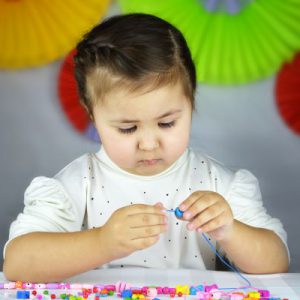
By creating a calm, safe, and predictable environment at home, you can help your child improve their ability to focus on the task at hand.
There are tons of games you can play with children that improve how well they pay attention — Simon Says, Uno, Memory, Connect 4, and Simon, to name just a few. But there are plenty of games you can make up and play as a family that are just as beneficial. These include:
As you play games and engage kids in activities, don’t expect them to sit for long periods of time. Instead, start small and gradually increase the amount of time needed to focus and pay attention. And incorporate plenty of movement, such as walking, running, or jumping into your playtimes. When doing activities indoors, consider dimming the lights or playing soft music in the background as aids in concentration.

